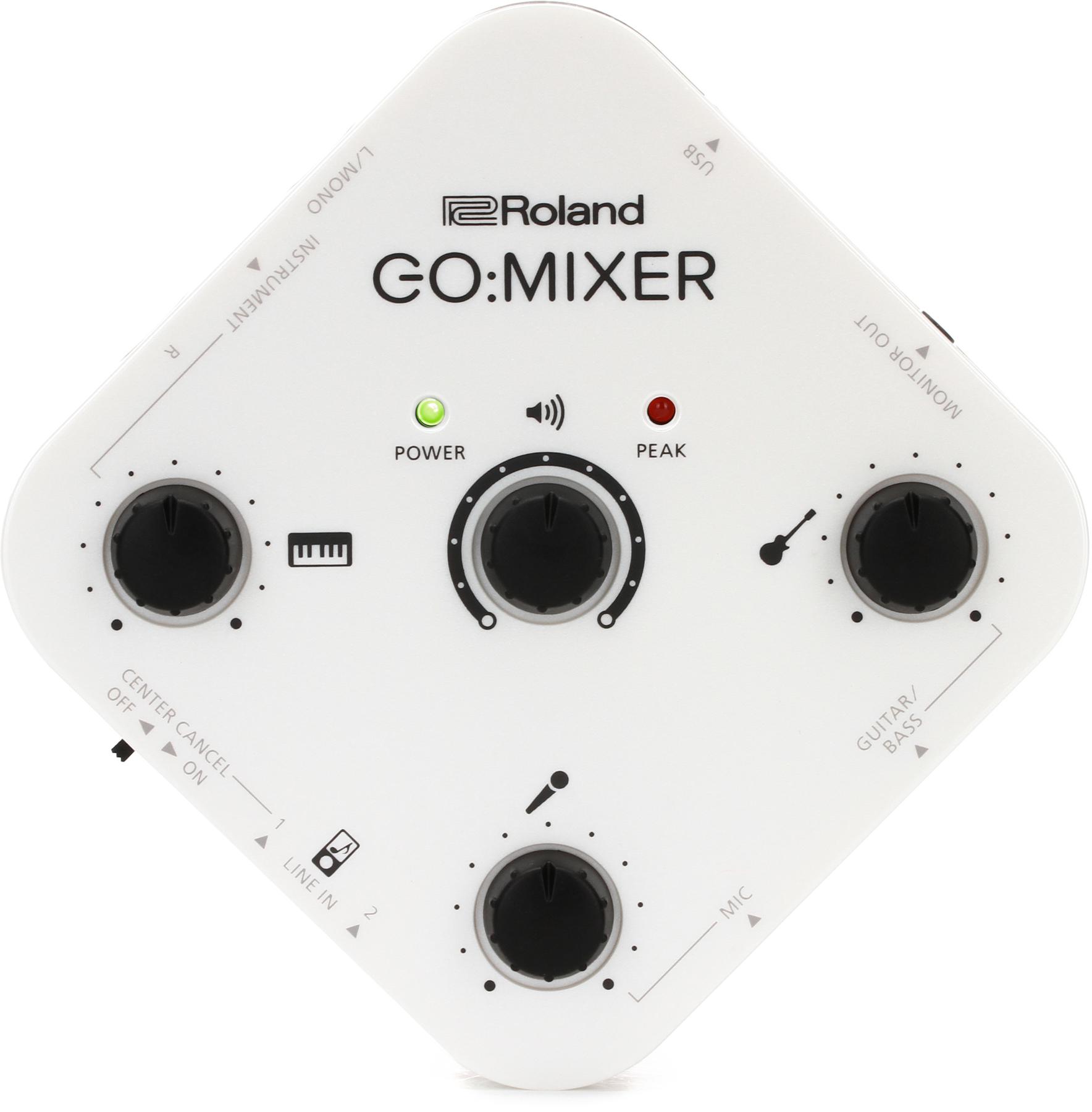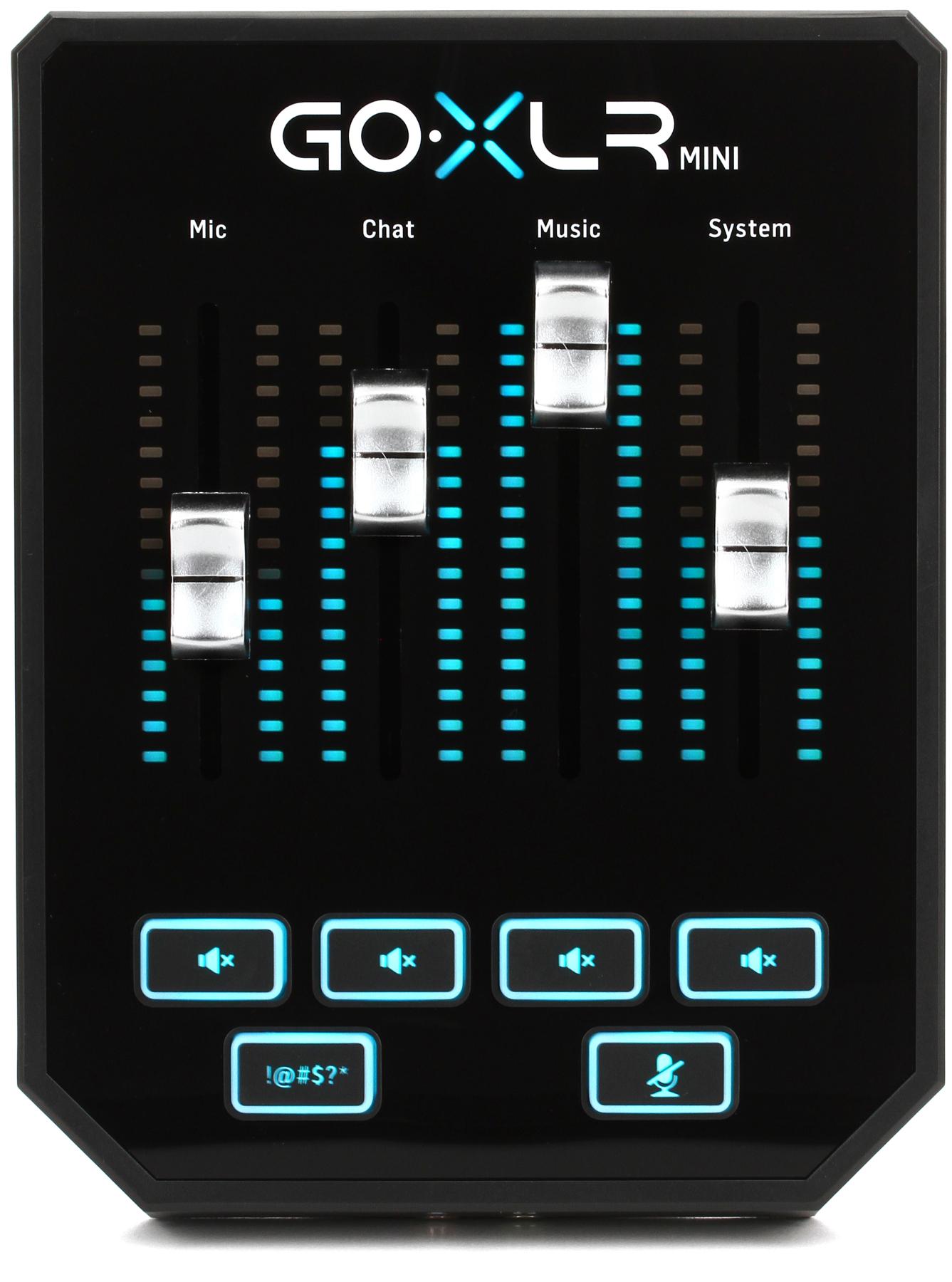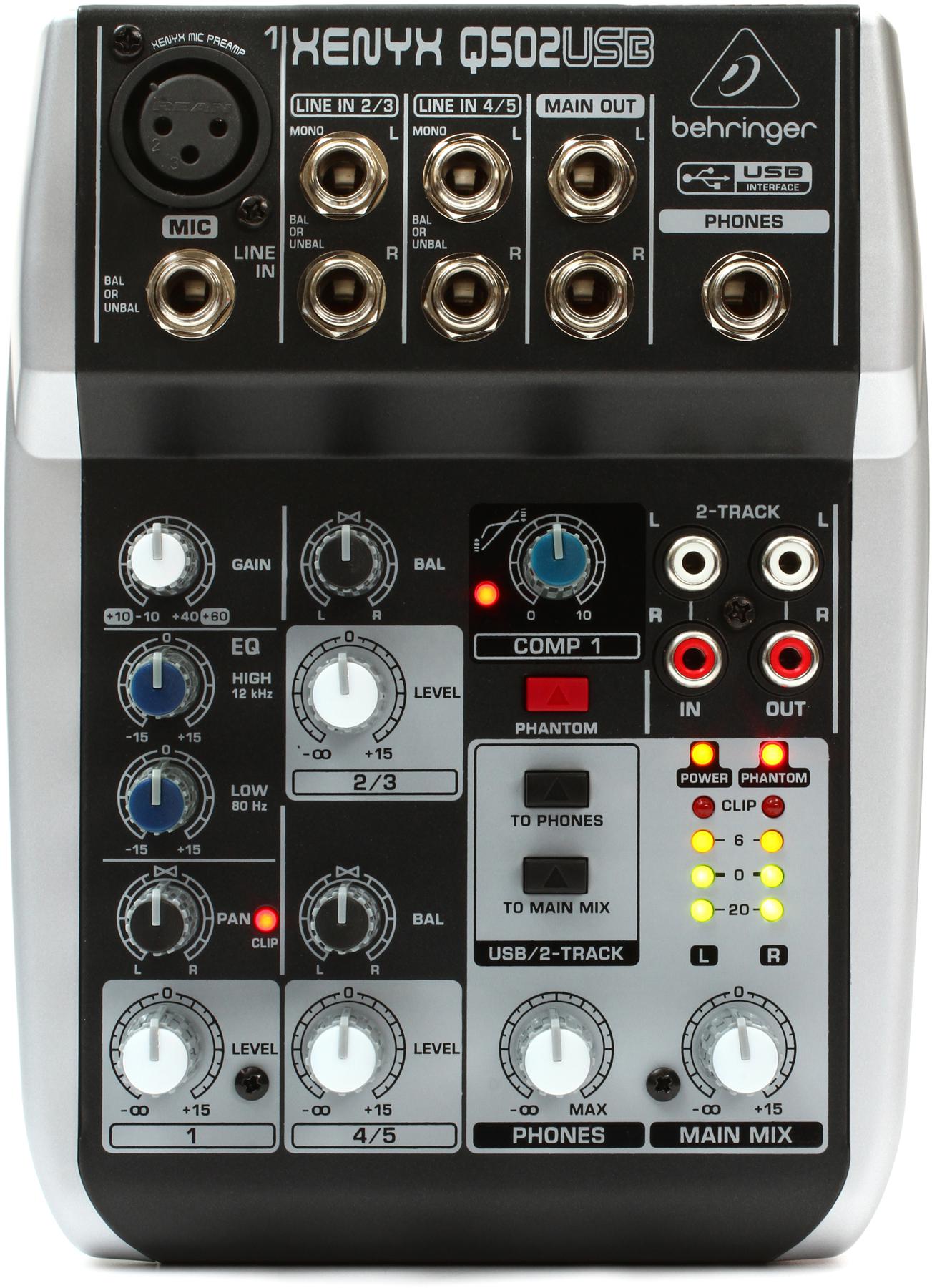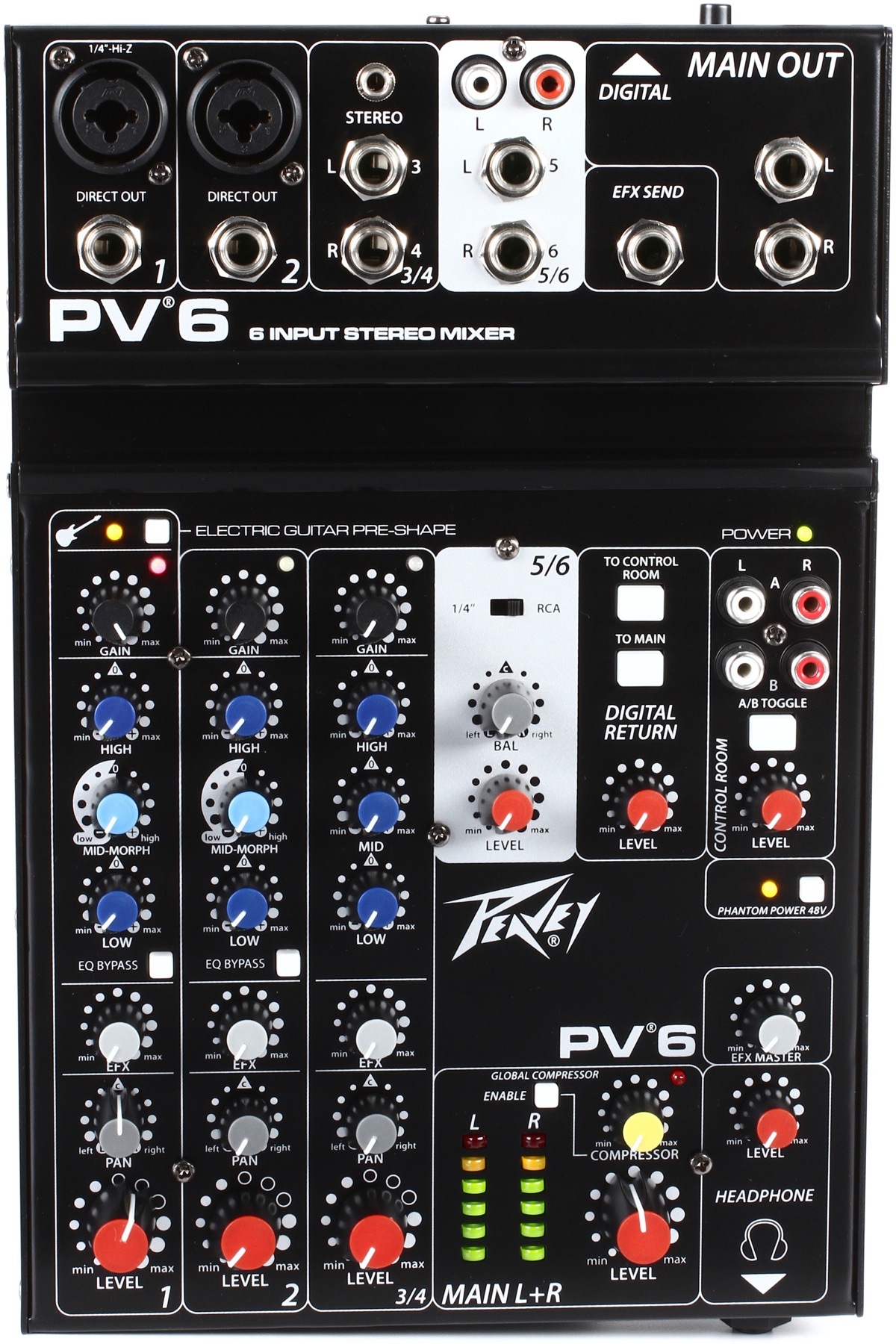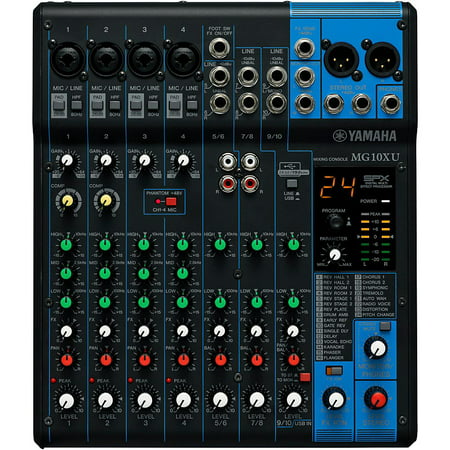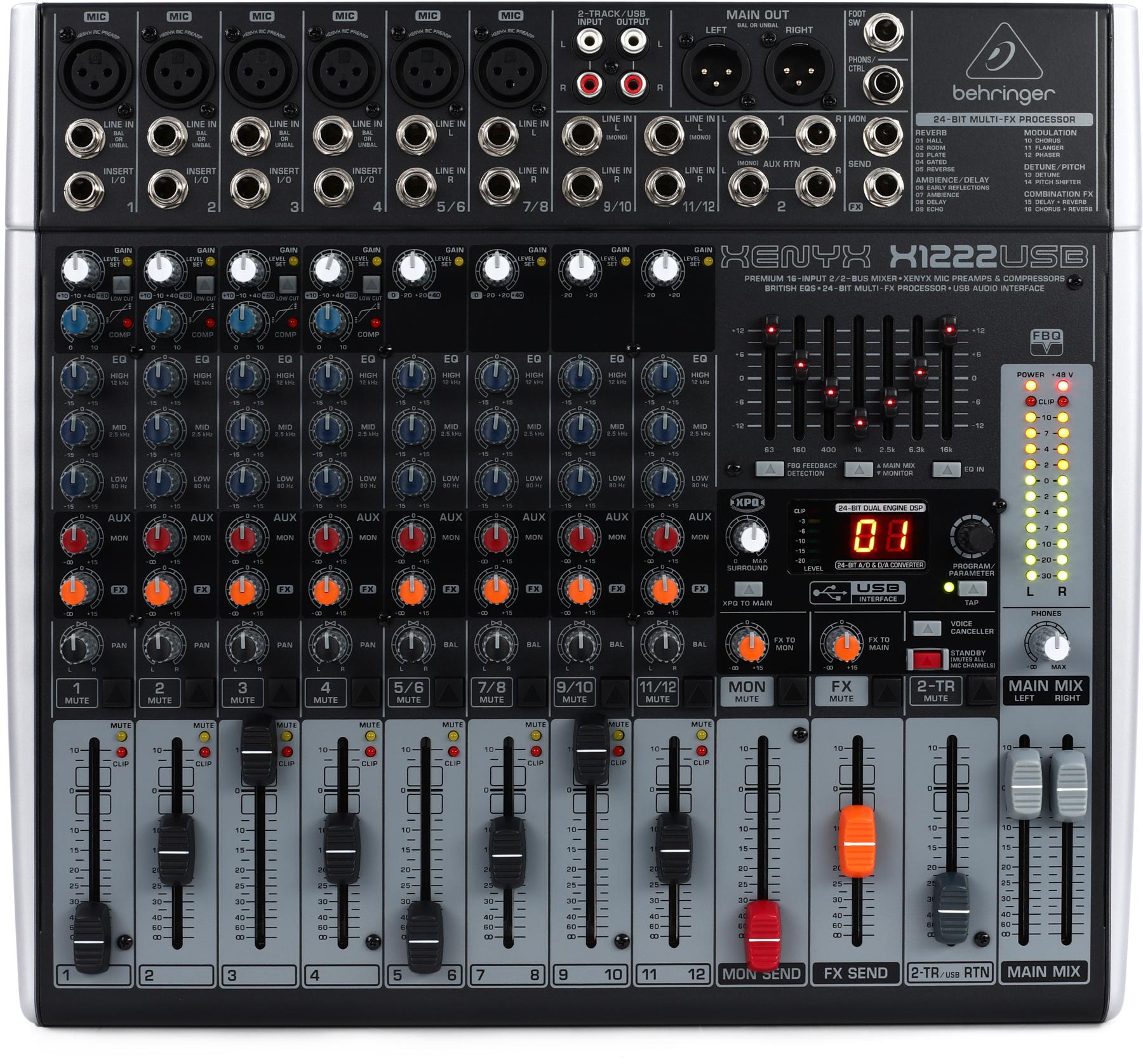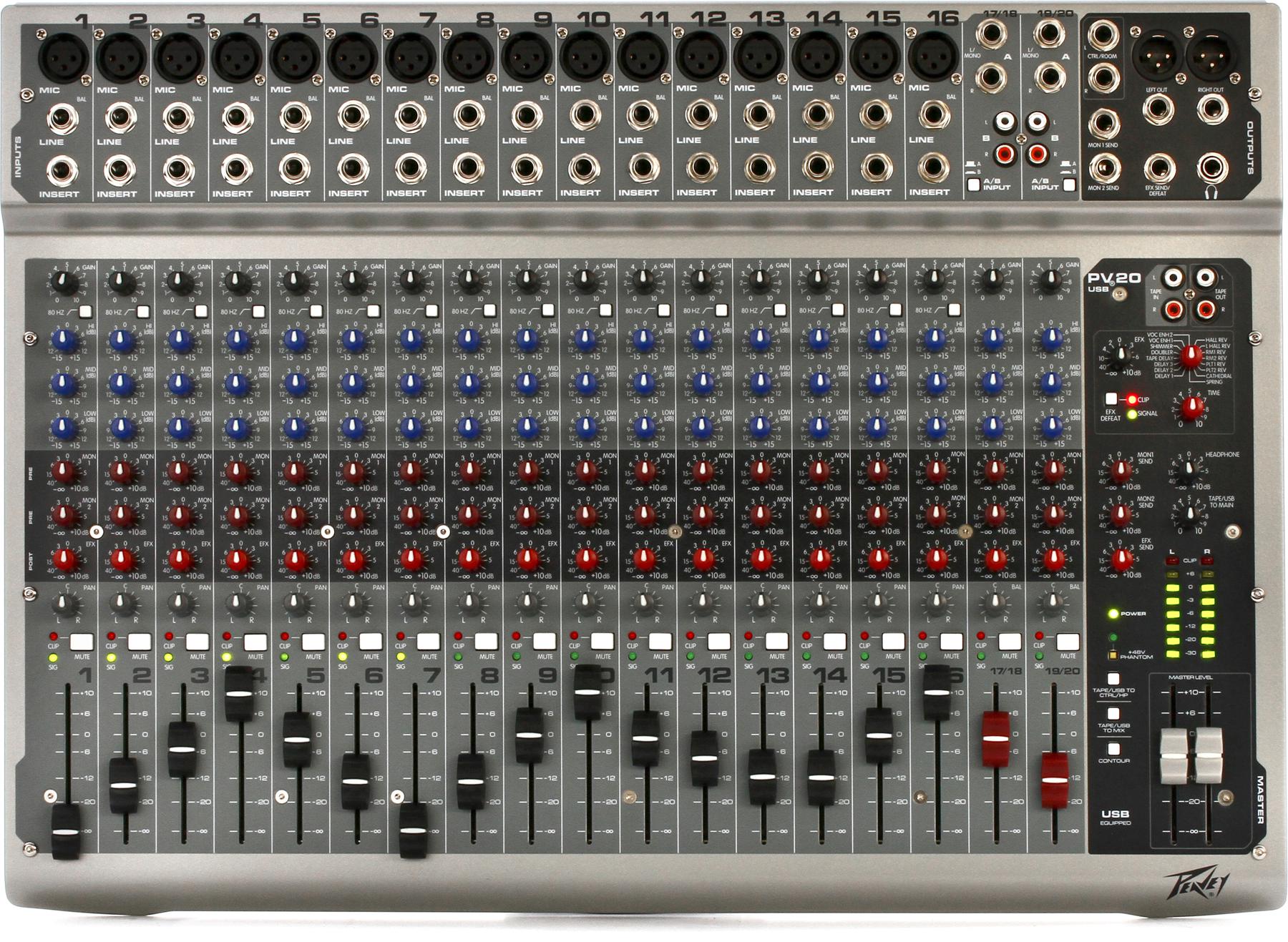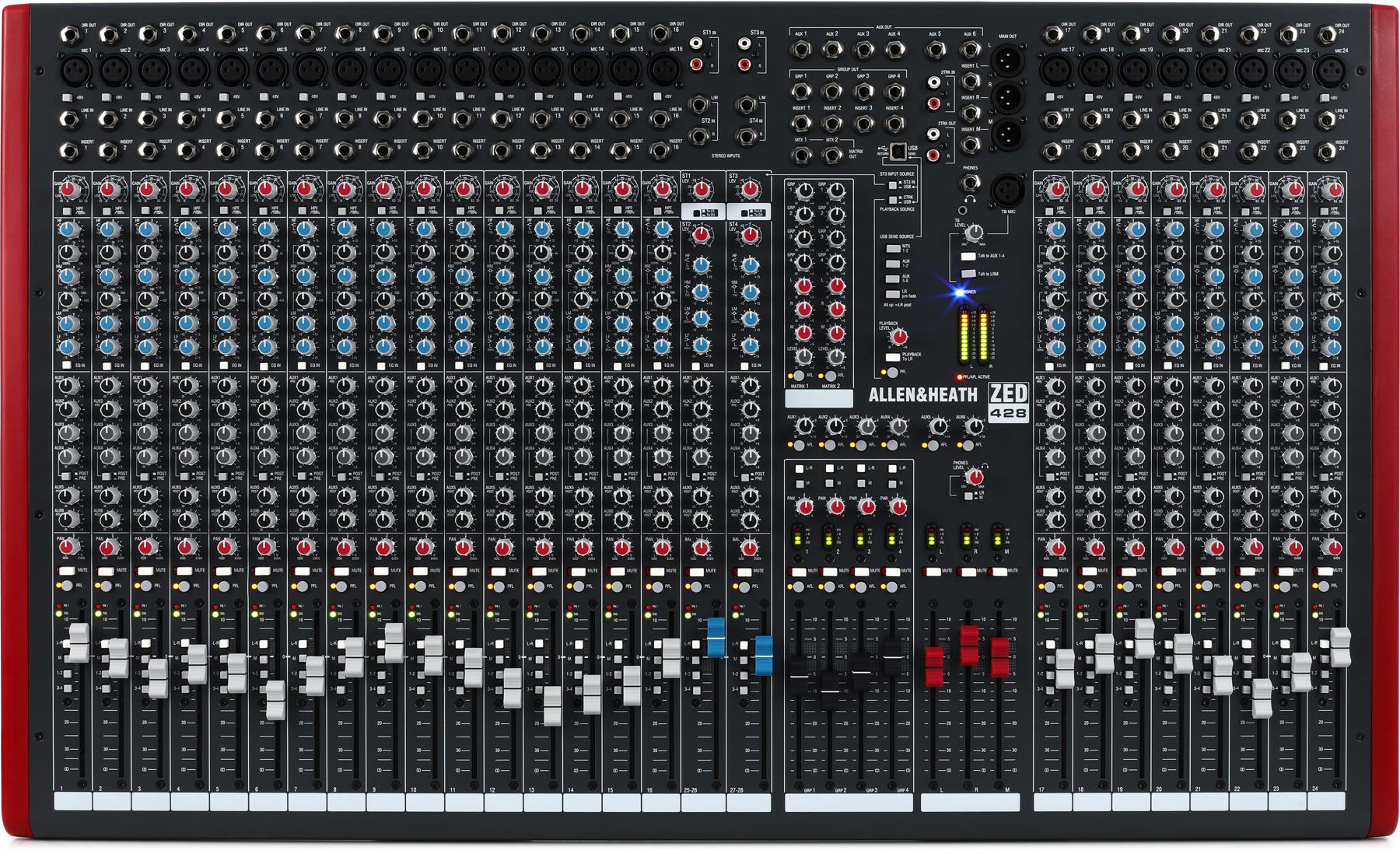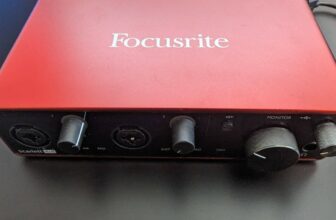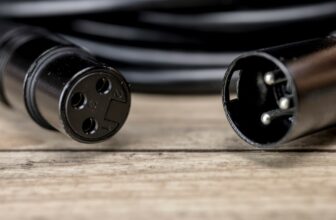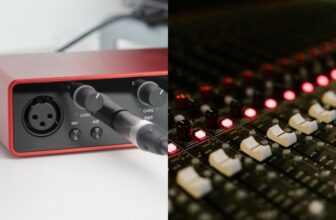The 8 Best USB Mixers for Music and Podcasting
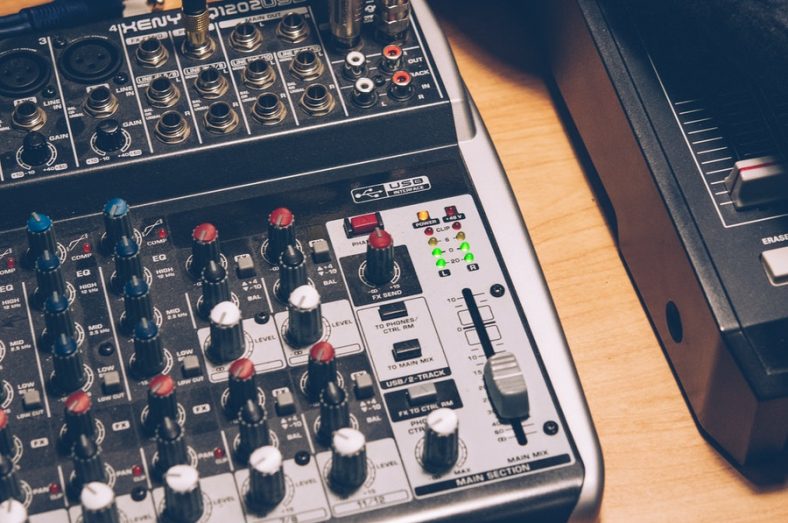
With the rise of the cheap equipment and with the power of computers growing steadily, it’s easier than ever to record music and podcasts. USB mixers make this even easier.
Because there’s such a high demand for both music and podcasting, and since we’re all locked up in our houses anyway with nothing to do, we’re going to dive into the magnificent world USB mixers.
We’ll cover them all, from the basic, cheap models for amateurs, to the massive professional ones. Prepare to meet the top 8 USB mixers for music and podcasting!
Contents
1. Roland GO:MIXER
This tiny mixer is actually meant to be used for and with smartphones. It comes with 8 input jacks, 2x1/4” jacks, one L/R stereo combo of ¼” jacks and two 3.5mm inputs. It also has one 3.5mm output and USB Micro-B output for data I/O.
It’s USB powered and on the top it comes with four knobs for input control, one master and three for three available channels.
This device is really easy to use, you just plug in what you want from your instruments and this device into your phone and voila! It’s compatible with both the Android and iOS and it’s small size is only a plus because you can take it everywhere you go. This is a great buy for anyone looking to get a small, handy mixer that can be used anywhere you go.
2. TC-Helicon GoXLR Mini
It has the look of a standard mixer with 4 sliders on top of it, with separate mute buttons for each, swear button and a general mute button.
For the connection you have one XLR and three 1/8” TRS jacks, as well as the 1/8” headphones jack and USB-B jack and Optical Toslink for gamer consoles (Xbox and PlayStation).
You can control this mixer to the details with accompanying mobile app.
It has a lot of the high-end options that are useful for sound recording and is really perfect for anyone looking to record a live stream with quality sound, and for not a lot of money too, with this mid-range model.
3. Behringer Xenyx Q502USB
It has a total of three lines (one mix and two stereo line ins) with a total of 5 inputs and a USB audio interface. It also has 2-bus analog mixer with Xenyx mic preamp and compressor and 2-band EQ.
This is a nice, low-cost option for anyone looking to use a simple mixer and record analog sound and transfer it to a digital signal. It has a really nice sound quality and will last you for years to come.
4. Peavey PV 6 v2
It has a total of 4 channels, two of which are standard XLR/TRS combo, two are standard ¼” stereo dual inputs and a USB connection. It also has direct line outs for each channel, allowing for recording to be done with this one mixer easily.
Since Peavey is most notable for their guitar work, they also have an Electric guitar PreShape button which allows for this mixer to automatically recognize and improve your guitar signal when played.
It also comes with 3-band EQ, with Peavey’s MidMorph effect to really express your sounds as they should be.
5. Yamaha MG10XU
This mixer has 10 channels, with six TRS and four RCA inputs available. It also has a total of 4 USB jacks, so you can connect more than one computer on this thing easily.
It’s sturdily built and is meant to last. It comes with all of the effects you might expect from this kind of a mixer and if you’re in a smaller studio or want to take something on the road, but still have the versatility and options of a bigger mixer, this is what you should consider.
And if you compare the price, you’ll see that in this price range it’s harder to find a better mixer with more options than this one.
6. Behringer Xenyx X1222USB
It’s meant to be used in a studio or a live recording session but is still compatible enough to be taken on the road with you if need be.
Six XLR, four double TRS and two RCA inputs are all available with direct outputs, allowing you to move around your sound flexibly and adjust it for different outputs differently.
Also, you’ll find a 24-bit processor with dozens of different effects which can be added on the spot, allowing for live mixing of the sound when it is recorded.
A great addition is the 7-band graphic EQ, which when used together with 3-band EQ on each channel, allows for you unprecedented control over the sound you record.
7. Peavey PV 20 USB Mixer
All of the channels come with a 3-band separate EQ, which with all the effects the processor can bring out, makes for a formidable force when mixing the recording in live.
It also has different outputs which allow for complete management of the sound while recording, with tape to the control room, tape to mix assignments. These options, with several more outputs, allow for you to split the sound and hear it differently in different places, and get everybody the sound they want.
It also has precise sliders. This is not the most expensive mixer out there, but it’s designed for professionals in a recording business.
8. Allen & Heath ZED-428
This mixer has a total of 24 channels, each with 4-band EQ, and auxiliary outputs for pretty much everything you might think of. It also has separate USB jacks to allow different outputs on that side of the mixer too.
This is a great mixer for live performance audio engineers, as it allows you the full control over everything that’s happening. Of course, with all of the options comes the price, but as they say, no pain no gain. If you know how to use one of these, you know that every penny spent here is well spent.
And if you’re a beginner, you should look at this to see what is possible for when you get to the big leagues!
Summary
That’s our pick of the best USB mixers for music and podcasting. Do you have some other recommendations to add to the list? Please make sure to write them below in the comments section!

